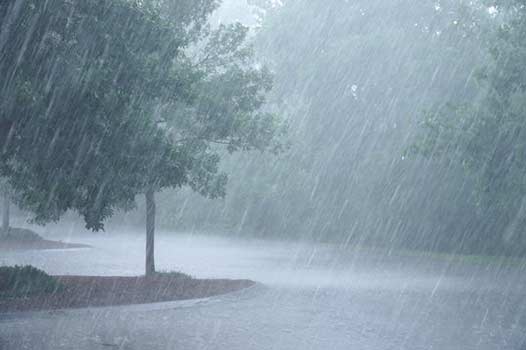
Power outages can be frustrating and disruptive, especially when they occur during heavy rainstorms. For homeowners with a basement, power outages pose an additional threat – potential basement flooding. Basements are particularly vulnerable to flooding as they are located below ground level, and heavy rainfall can lead to the water table rising and groundwater seeping into the basement.
Basement Flooding and Its Consequences
Basement flooding can cause significant damage to a home and its contents. The effects of a flooded basement can range from minor inconvenience to severe destruction, depending on the amount of water and the duration it remains stagnant. The consequences of basement flooding include:
- Destruction of furniture, carpets, and other valuables
- Damage to electrical systems and appliances
- Mold and mildew growth, leading to health hazards
- Compromised structural integrity of the foundation
- Increased risk of waterborne diseases
The Importance of Sump Pumps in Preventing Basement Flooding
Sump pumps play a crucial role in preventing basement flooding and mitigating its consequences. A sump pump is installed in a sump pit, which collects water that accumulates in the basement. When the water level in the pit reaches a certain threshold, the sump pump activates, and the accumulated water is pumped out and away from the foundation.
Regular sump pumps are powered by electricity and are effective during normal operating conditions. However, they are rendered useless during power outages, which is precisely when homeowners need them the most. Without a backup solution, basements are left vulnerable and at risk of flooding if a power outage occurs during heavy rains.

The battery backup pump ensures that water continues to be pumped out of the basement even when there is no electricity.
The Role of Battery Backup Sump Pumps
Battery backup sump pumps are designed to provide an additional layer of protection for basements during power outages. These systems incorporate a battery-powered pump that activates automatically when the primary sump pump fails due to a power loss. The battery backup pump ensures that water continues to be pumped out of the basement even when there is no electricity.
The benefits of battery backup sump pumps include:
- Continuous protection: With a battery backup sump pump, basements remain safeguarded even in the event of a power outage, ensuring water is effectively removed.
- Added reliability: Backup systems are engineered to activate as soon as the primary sump pump fails, providing homeowners with peace of mind and uninterrupted flood protection.
- Reduced damage and costs: By preventing basement flooding, backup sump pumps help homeowners avoid costly repairs and replacements of damaged belongings and structural components.
- Maintenance alerts: Some backup sump pump models come equipped with advanced features such as notification systems that alert homeowners when maintenance or battery replacement is required.
- Easy installation: Battery backups can be easily integrated with existing sump pump systems, making them a convenient and practical solution for homeowners.
Choosing the Right Battery Backup Sump Pump
When selecting a backup sump pump, several factors should be considered:
- Battery capacity: The battery should have sufficient capacity to power the backup pump for an extended period. This ensures adequate protection during prolonged power outages.
- Battery lifespan: It is essential to choose a battery with a long lifespan to avoid frequent replacements and ensure reliable operation.
- Alarm system: Look for a backup sump pump with an alarm system that alerts homeowners in case of a battery failure or pump malfunction.
- System compatibility: Ensure that the backup battery is compatible with your existing sump pump system to facilitate seamless integration.
- Professional installation: For optimal performance, it is recommended to have a battery backup sump pump installed by a professional plumber or basement waterproofing specialist.

Schedule regular professional maintenance to identify and address any potential issues before they escalate.
Maintaining Battery Backup Sump Pumps
Proper maintenance is crucial to ensure the effectiveness and longevity of battery backup sump pumps:
- Battery inspection: Regularly check the battery for signs of corrosion or damage and clean the terminals if necessary.
- Battery replacement: Replace the battery as recommended by the manufacturer to ensure optimal performance and prevent malfunctions during power outages.
- Functional testing: Test the backup sump pump system periodically to ensure its proper functioning. Consult the manufacturer’s instructions for specific testing procedures.
- Cleanliness and debris removal: Keep the sump pit clean and free from debris to prevent clogging and interference with the pumps.
- Professional maintenance: Schedule regular professional maintenance to identify and address any potential issues before they escalate.
In Conclusion
Backup sump pumps are essential devices that help protect basements from flooding during power outages. By providing continuous and reliable flood protection, these systems safeguard homes from the devastating consequences of basement flooding, saving homeowners from significant expenses and disruptions. Investing in a quality battery backup sump pump and ensuring its proper maintenance is a proactive step towards basement safety and peace of mind.